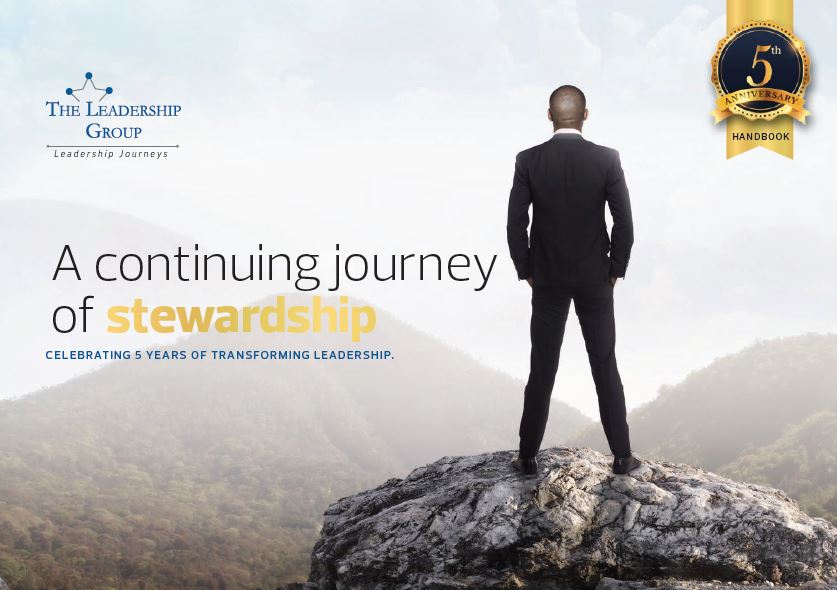By Kepha Bosire
Leading teams is a very delicate activity in the modern business environment as it requires both firmness and flexibility as well as forthrightness and sensitivity. The leaders require a mastery of both hard and soft skills in order to enable the team to navigate the complex workplace priorities and challenges.
Whereas it is essential for the leader to fully appreciate the nature of business his organisation does, he/she doesn’t have to understand all the technical nitty-gritties. But he must understand fully the environment around which the business operates and, therefore, how he should steer the organisation much more competitively.
One of the key activities that would make the work of the leader not only effective but also successful is communication. Communication is a leadership imperative; without effective communication a leader would not lead effectively. In the words of Virgin Group CEO, Richard Branson, “Communication is the most important skill that a leader must have”.
If a company CEO wants to know what is going on in the market, he must immerse himself in insightful reading; and there are useful sources of information online, in books and in media. Well-researched information provides key content that would inform an organisation’s strategic engagements.
The one aspect of communication that a leader must take deliberate steps to master and execute is in stakeholder engagement; what does he need staff, customers, investors, collaborators to know in order to provide ongoing support to the business? How does that get delivered in order to yield desired results? Is there a clear and executable communication strategy that ensures the organisation engages effectively with its key stakeholders? Is there a process to review what has and what has not worked in the process of engagement? These are key questions for organisational leaders to ask themselves and answer.
For employees to fully understand and support the company’s strategic direction there must be careful and intentional employee communication; about the vision, mission and values, strategic imperatives and programmes and the role of the staff in the implementation process. Investors would want to know how well the company is doing and what its future looks like; customers would be interested in value-for-money products and services, innovations that would enhance convenience and cut costs for them; and other stakeholders such the public and government would want to be assured that the organisation is run ethically and responsibly.
The onus is on the leader to ensure the organisation is focused on delivering value to all stakeholders and must take the lead in communicating the same and engaging on behalf of the organisation.







-..jpg)



